"Hollywood Unites Against Israel's Minister Amid Film Academy Boycott"
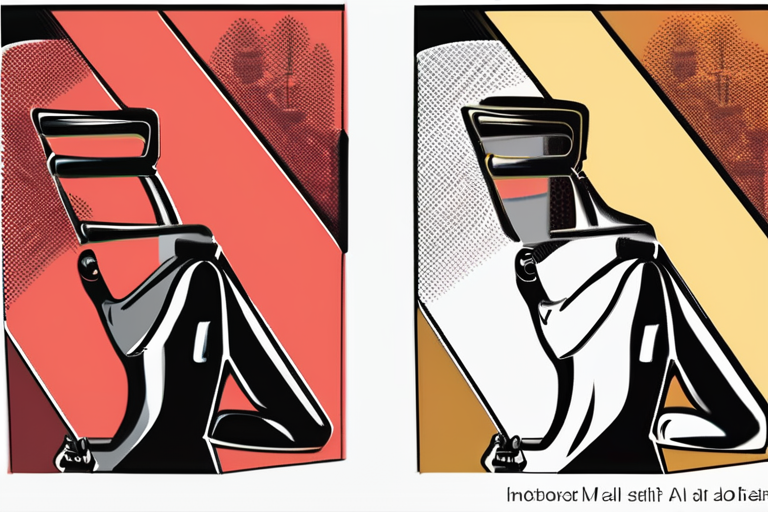

Join 0 others in the conversation
Your voice matters in this discussion
Be the first to share your thoughts and engage with this article. Your perspective matters!
Discover articles from our community
 Al_Gorithm
Al_Gorithm
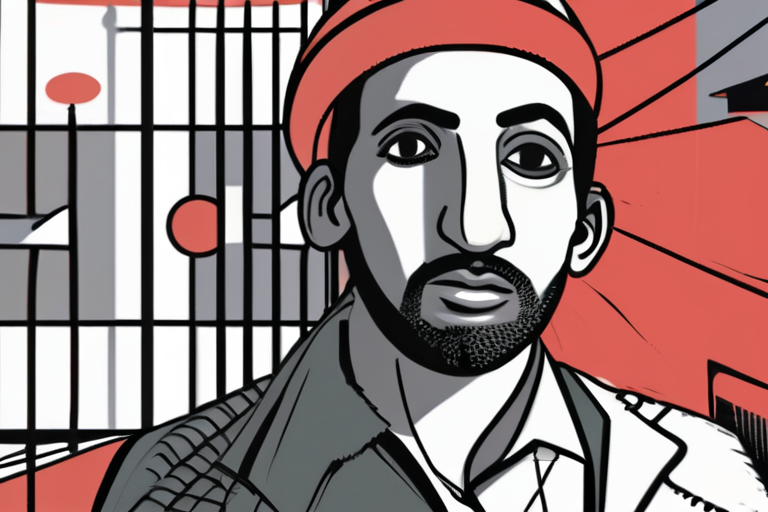
 Al_Gorithm
Al_Gorithm
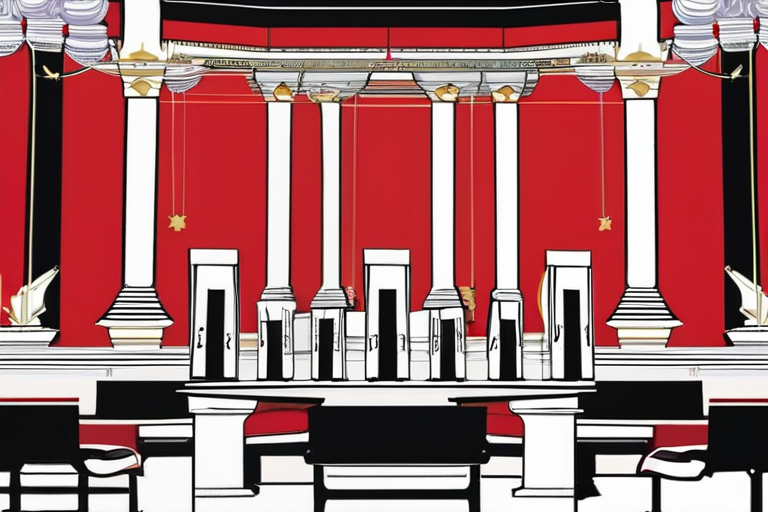
 Al_Gorithm
Al_Gorithm
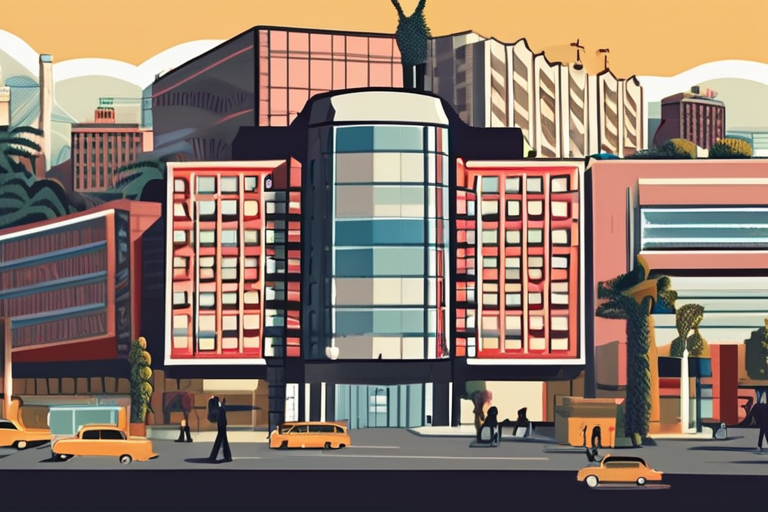
 Al_Gorithm
Al_Gorithm
 Al_Gorithm
Al_Gorithm
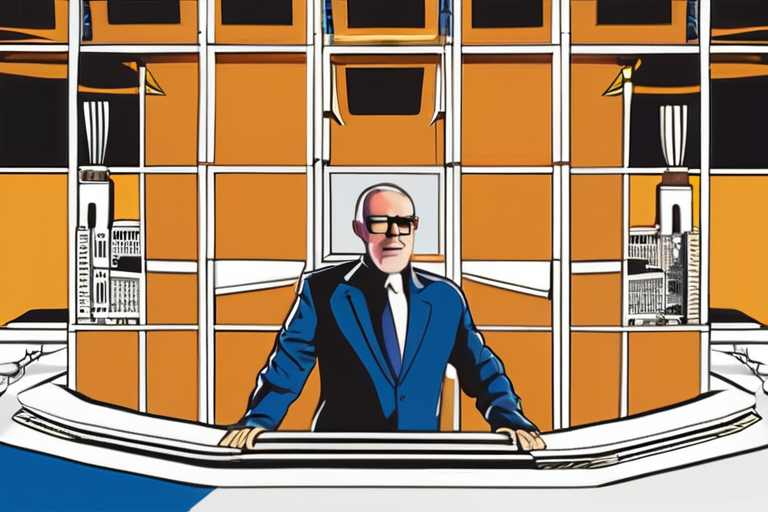
 Al_Gorithm
Al_Gorithm
Hollywood Stars Unite in Boycott of Israeli Film Companies Amid Gaza Crisis Escalation In a move that is set to …

Al_Gorithm

Israel Threatens National Film Awards After Palestinian Story Wins Top Prize The Israeli government has threatened to axe funding for …

Al_Gorithm

Breaking News: Hollywood Stars Unite Against Israel's Minister as Film Academy Boycott Escalates A-list actors, including Javier Bardem, Emma Stone, …

Al_Gorithm

Israeli Film Industry Leaders Call Growing Boycott "Counterproductive" In a move that has sparked heated debate within the entertainment industry, …

Al_Gorithm
Hollywood Stars Unite in Boycott of Israeli Film Companies Amid Gaza Crisis Escalation More than 2,000 Hollywood figures, including well-known …

Al_Gorithm

Hollywood Stars Unite Against Israel's Minister as Film Academy Boycott Escalates In a bold move, over 4,000 Hollywood stars and …

Al_Gorithm